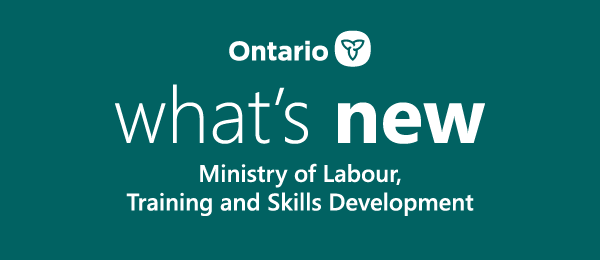March 21, 2025
As one of the responses to ongoing tariff disputes with the United States, the federal government is expanding the Employment Insurance Work-Sharing Program with special measures that were instituted March 7, 2025 and will be in place to March 6, 2026.
The Work-Sharing Program was designed to help employers avoid layoffs when they face a temporary decrease in business activity for reasons beyond their control.
An employer must disclose evidence of decreased business activity as well as a recovery plan outlining a path toward normalized working hours for affected employees.
If program requirements are met, an employer, employees (or their unions, if any) and Service Canada enter into a multi-party Work-Sharing agreement under which available work is shared equally among employees and Employment Insurance (EI) benefits are provided by the federal government to mitigate income loss for employees working reduced hours.
Where requirements are met, the Work-Sharing Program is one option to address a shortfall of available work. The advantage of this option is that it retains staff in anticipation of improved business demand in the future.
Employee eligibility
As a specific response to the current trade dispute with the United States, the government has expanded and revised eligibility criteria to include employers experiencing a decline in business activity due to the threat or application of US tariffs.
Changes are noted in bold below.
Employers may now be eligible for Work-Sharing special measures if they:
- Have been operating in Canada for at least one year (lower than usual two-year requirement);
- Operate either year-round or on a seasonal or cyclical basis (seasonal/cyclical businesses had been typically excluded);
- Are a private or publicly held company, or a non-profit/charitable organization experiencing a reduction in revenue levels as a direct/indirect result of tariffs (non-profits are typically excluded except in narrow circumstances and public sector employers are typically excluded);
- Experience a decrease in overall work activities over the past six months (the usual minimum of at least a 10% decrease does not apply in response to tariffs);
- Have at least two eligible employees in a proposed Work-Sharing unit.
Employee eligibility
Employee eligibility has also been expanded. Normally, only “core” employees are eligible to participate, meaning permanent full-time or part-time employees.
Under the tariff response rules, employees who are assisting in employer recovery efforts, or who are seasonal or cyclical employees, are also eligible.
Additionally, the normal 60% cap on utilization (the percentage of lost hours that will be eligible for EI payments) has been removed, meaning EI benefits can make up for more lost hours.
Duration
Finally, the maximum duration of Work-Sharing agreements has been extended.
Work-Sharing agreements normally run between 6 to 26 weeks with a possible extension up to 38 weeks. There is a mandatory “cooling-off period” between successive agreements equal to the length of the prior agreement. Under the new rules, agreements may be extended up to 76 weeks and the cooling-off period has been waived.
I hope that your business will not be negatively effected by this trade dispute, but in the event that it is I hope you will find this information useful.
Please contact me with any questions you may have or for assistance working through your staffing matters.


